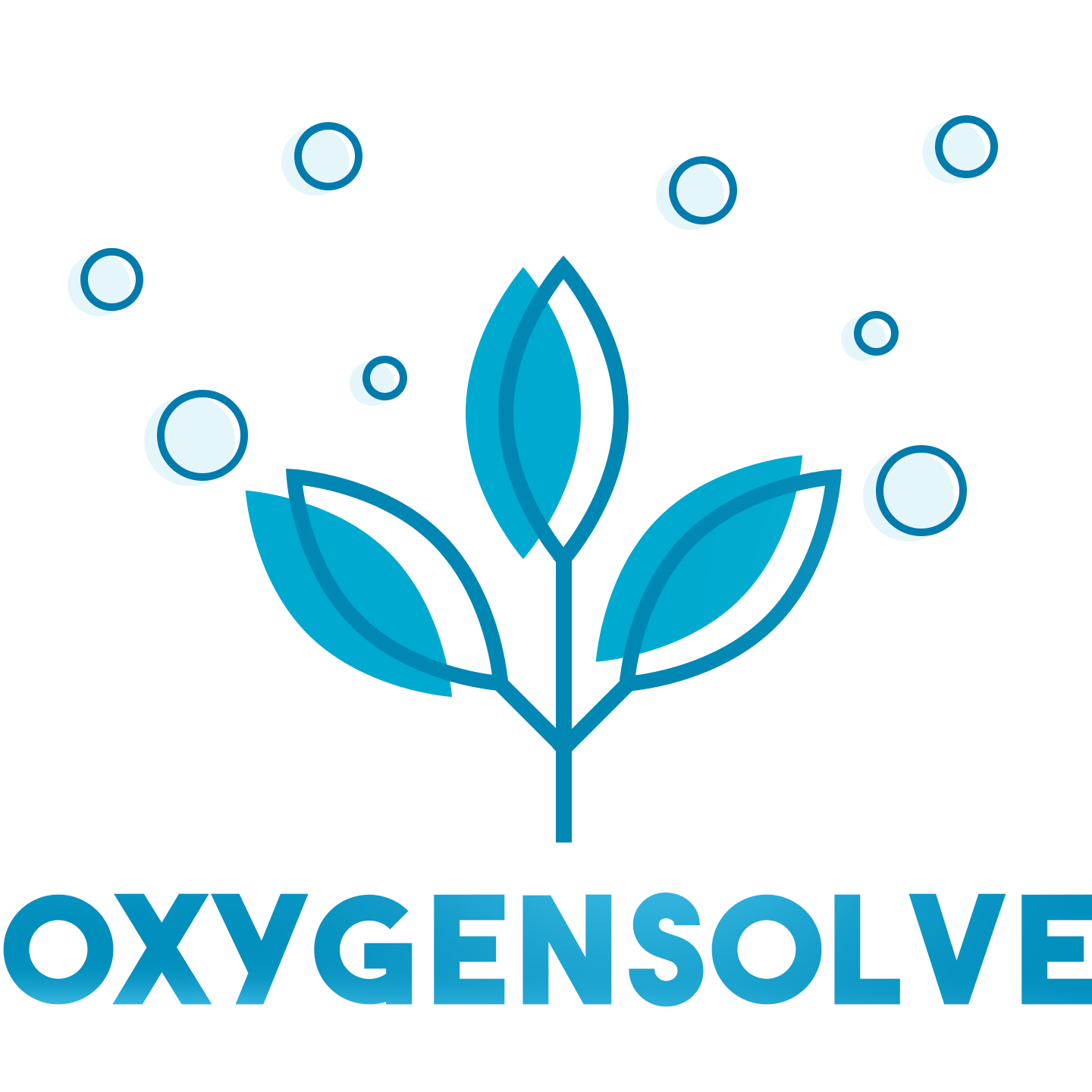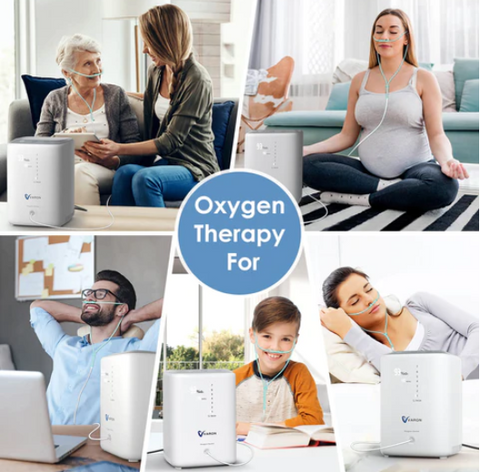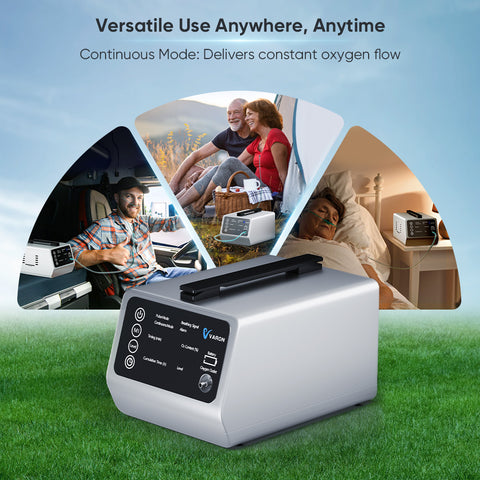Breathe Well, Live Well: Diet Tips and Nutritional Support for Respiratory Health
CODE
Maintaining optimal respiratory health life is crucial for an active and fulfilling life. While certain medical conditions may require specialized treatment, dietary choices play a significant role in supporting healthy lungs and promoting overall well-being.
This blog delves into the connection between nutrition and respiratory breath health, offering valuable tips and a guide to support your journey towards a healthier respiratory system.
5 Key Dietary Tips for Optimal Respiratory Health Life
1. Prioritize Nutrient-Rich Foods:
Protein forms the building blocks of our body, including the muscles responsible for breathing.

- Fruits and Vegetables: Aim for a vibrant mix of colorful fruits and vegetables. These are rich in antioxidants and essential vitamins that support overall health and well-being, including respiratory function.
- Lean Protein: Protein is vital for maintaining strong muscles, including the diaphragm, which plays a crucial role in breathing. Choose lean protein sources like fish, poultry, beans, and lentils.
- Whole Grains: Opt for complex carbohydrates found in whole grains over refined options. Whole grains provide sustained energy and are a good source of fiber, which aids digestion and may help reduce inflammation.
2. Embrace Healthy Fats:
Not all fats are created equal. Choose mono-unsaturated and polyunsaturated fats.

- Unsaturated fats: Include healthy fats from sources like nuts, seeds, avocado, and olive oil in your diet. These fats contribute to cell health life and may help reduce inflammation.
3. Limit Inflammatory Foods:

Certain foods can trigger inflammation, potentially worsening respiratory issues.
- Processed foods: Processed foods are often high in unhealthy fats, sodium, and added sugars. These can contribute to inflammation and potentially worsen respiratory issues.
- Saturated and Trans fats: Limit saturated and trans fats found in fried foods, processed meats, and certain baked goods. These fats can contribute to inflammation and negatively impact heart health.
- Added Sugars: Excessive sugar intake can lead to weight gain and inflammation, potentially affecting respiratory function. Be mindful of added sugars in sugary drinks, processed snacks, and condiments.
4. Stay Hydrated:

- Water is key: Drinking sufficient water helps thin mucus secretions, which can ease breathing and prevent congestion. Aim for at least 8 glasses of water daily.
5. Manage Salt Intake:

- Sodium restriction: Excessive salt intake can lead to fluid retention, potentially causing shortness of breath in individuals with respiratory conditions. Consult a healthcare professional for personalized recommendations on sodium intake.
Remember:
- Individual Needs: Dietary needs can vary based on underlying health conditions and activity levels. Consulting a registered dietitian can help create a personalized plan to support your specific needs.
Beyond Diet: Supporting Respiratory Health
While maintaining a healthy diet is crucial, additional lifestyle modifications can significantly benefit respiratory health. Here are some pointers:
- Regular Exercise: Engaging in regular physical activity, even low-impact exercises like walking or swimming, can strengthen respiratory muscles and improve lung function.
- Quit Smoking: Smoking is detrimental to lung health life and significantly weakens the respiratory system. Quitting smoking is one of the most important steps towards improving respiratory health.
- Manage Stress: Chronic stress can exacerbate respiratory health problems. Relaxation techniques like yoga, meditation, or deep breathing exercises can be helpful in managing stress.
Living with Respiratory Health Conditions
Certain individuals with chronic respiratory conditions may require supplemental oxygen therapy at home or while on-the-go.
Individuals diagnosed with Chronic Obstructive Pulmonary Disease (COPD), pulmonary fibrosis, or other respiratory conditions may experience respiratory insufficiency. This means that their lungs are unable to deliver sufficient oxygen to the bloodstream.
Supplemental Oxygen Therapy
In such cases, supplemental oxygen therapy becomes crucial. This treatment method provides additional oxygen to the body, improving blood oxygen levels and alleviating symptoms like shortness of breath, fatigue, and exercise intolerance.
Individuals with chronic respiratory conditions may require supplemental oxygen therapy. Leading providers like Oxygensolve offer a range of home and portable oxygen concentrators to meet the needs of patients. These reliable health care devices ensure a steady supply of supplemental oxygen, improving blood oxygen levels and alleviating symptoms like shortness of breath, fatigue, and exercise intolerance.
Oxygensolve's Diverse Selection
- Caters to Varying Needs: Oxygensolve's concentrators come in various models with different flow rates, ensuring patients receive the appropriate amount of oxygen as prescribed by their doctor.
- Portable Options for Active Lifestyles: Portable oxygen concentrators (POC) are lightweight and battery-powered, allowing patients to maintain an active lifestyle and participate in daily activities outside the home.
-
Support Services: Oxygensolve understands the importance of ongoing support. They often provide additional services such as:
- Educational resources: Information and guidance on using and maintaining oxygen concentrators.
- Technical support: Assistance with troubleshooting any technical issues with the devices.
- Warranty and repair services: Ensuring patients have access to necessary maintenance and repairs.
Types of Supplemental Oxygen Systems
1. Stationary or Home Oxygen Concentrators:
These electric-powered devices are primarily used at home. They take in ambient air, separate the nitrogen, and deliver concentrated oxygen through nasal cannulas or masks.
Benefits of Home Oxygen Concentrators for Health Life and Respiratory Health
Home oxygen concentrators offer significant advantages for individuals struggling with respiratory insufficiency, a condition where the lungs are unable to deliver sufficient oxygen to the bloodstream. Here's a breakdown of their key benefits:
Improved Quality of Life:
- Reduced Shortness of Breath: Supplemental oxygen directly addresses the underlying issue, alleviating the feeling of breathlessness, a hallmark symptom in respiratory conditions. This can significantly improve daily activities and overall well-being.
- Increased Energy Levels: With a steady supply of oxygen, the body's cells function more efficiently, leading to increased energy levels and reduced fatigue. This allows for better engagement in daily tasks and hobbies.
- Enhanced Sleep Quality: Low blood oxygen levels can disrupt sleep patterns. Home oxygen therapy can significantly improve sleep quality, promoting better rest and overall health.
Management of Respiratory Conditions:
- Manages Symptoms: By delivering concentrated oxygen, home concentrators help manage chronic respiratory conditions like COPD, pulmonary fibrosis, and sleep apnea. This can help slow disease progression and improve the patient's quality of life.
- Reduced Hospital Readmissions: Maintaining adequate oxygen levels at home can prevent complications and the need for frequent hospital visits.
Additional Advantages:
- Non-invasive: Unlike oxygen tanks, home concentrators provide a continuous flow of oxygen without needles or catheters.
- Easy to Use: Most concentrators are user-friendly and come with comprehensive instructions and training.
- Portability: Certain models are portable, allowing for some level of mobility and participation in outdoor activities.
2. Portable Oxygen Concentrators (POC):
POC units are lightweight and designed for mobility. They function similarly to stationary concentrators but are battery-powered, allowing patients to maintain an active lifestyle and participate in outdoor activities and road-trips travel.
Benefits of Portable Oxygen Concentrators for Health and Respiratory Health
Portable oxygen concentrators (POC) offer significant advantages for individuals with chronic respiratory conditions who require supplemental oxygen therapy. These benefits go beyond simply managing the condition and extend to improving overall health and quality of life.
Enhanced Mobility and Independence:
- Unlike traditional oxygen tanks, POCs are lightweight and often come with carrying cases or rolling carts, allowing for greater freedom of movement.
- This enables individuals to:
- Travel freely: Participate in vacations, family outings, and social gatherings without limitations.
- Remain active: Engage in daily activities like walking, shopping, or even light exercise.
- Live a more fulfilling life: Maintain a sense of normalcy and participate in hobbies and interests.
Improved Quality of Life:
- Increased mobility translates to a greater sense of independence and control over one's life.
- The ability to participate in social activities and stay active can significantly enhance mental well-being and combat feelings of isolation.
- POCs can help reduce symptoms like shortness of breath and fatigue, allowing for better sleep quality and increased energy levels.
Respiratory Health Advantages:
- POCs deliver a consistent and reliable source of supplemental oxygen, ensuring proper oxygen levels in the bloodstream.
- This improved oxygenation:
- Strengthens respiratory muscles and lung function.
- Reduces the burden on the respiratory system, potentially slowing disease progression.
- Alleviates symptoms like shortness of breath, especially during physical activity.
Additional Points:
- POC technology is constantly evolving: Newer models are becoming quieter, more efficient, and even more user-friendly.
- Battery life is improving: This allows for extended use away from a power source, further increasing mobility.
-
Portable concentrators offer discretion: Many models are small and compact, allowing for subtle use without drawing unnecessary attention.
Conclusion: Breathe Easy, Live Fully
Maintaining optimal respiratory health is an ongoing journey. By incorporating the valuable insights from this blog, you can take proactive steps towards strengthening your lungs and supporting overall well-being. Remember, a balanced diet rich in essential nutrients, regular physical activity, and stress management techniques are crucial cornerstones.





















